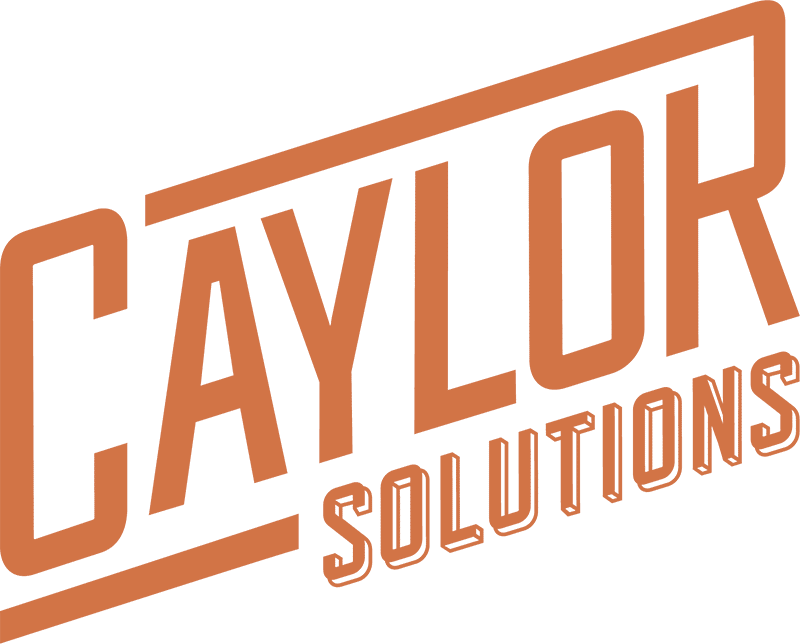With the new year approaching, inflation and rising interest rates probably have many small school marketing teams reeling from sticker shock.
And as our global economy continues to teeter on the brink of recession, consumers and academic institutions alike are juggling budgets in an attempt to soften the landing.
So, if your small college or university’s marketing team is feeling the pain of tightened purse strings, remember – you are not alone!
Everyone is trying to stretch their marketing dollars as far as they can.
Hopefully, your school’s marketing budget has contingencies for leaner times. But regardless of the state of your local economy, several proven strategies can help reinforce your up-and-coming institution’s marketing needs.
Here are five tips for small school marketing teams on a tight budget!
1. Quality Content is Your Small School Marketing Fuel
First, we need to address the elephant in the room: content is not an expense. Content is an asset.
And every new piece of content your team creates is added to your marketing strategy’s “fuel pile.” But you don’t want to throw just any rotten fuel into your school’s marketing engine.
Gone are the days of “quantity” over “quality” (thank goodness!) concerning content marketing. Rather, the folks at Google have spared no expense in training their SEO algorithm to reward rich content over mundane clickbait.
So, focus exclusively on content that stays true to your school’s message and vision.
And while fresh content is important in establishing a cadence for SEO purposes, it’s not the end-all-be-all.
I believe one of the most self-destructive misconceptions among higher ed marketers is that they must solely build content from scratch to get results.
You likely already have a ton of resources at your disposal. You simply have to turn over a few stones.
Take inventory of these and similar assets floating around in your school’s database:
- Recorded lectures, seminars, or sermons from which you can pull clips
- Books or articles authored by faculty, administrators, or other staff
- Student testimonials and personal social media posts (remember to ask permission!)
- Original music, art, and other creative media from students
- Previous blogs, videos, podcasts, and other articles
You may even find opportunities to add to your school’s evergreen content, which is static content that is always relevant to your target audience.
With so many possible avenues for repurposing content, you can give your budget (and brain) a break from constantly forcing new content out the door.
2. Ditch Complicated Conversions for Robust Content
I think it’s fair to assume your marketing team doesn’t have any rocket scientists on board.
The great news is that most of your target audience won’t be applying to NASA, either.
Basically, what I’m saying is to keep it simple.
A robust content marketing strategy checks off a handful of basic boxes that should cover all your marketing needs:
- Messaging: What values and offers do you want your marketing to present to the intended audience?
- Personas: Who is your target audience, and what do they need?
- Focus groups: Spend time with your target audience. Get to know their preferences, perspectives of your school, and needs.
- Conceptualization: Review colors, typography, layout, navigation design, and more as a part of the conceptualization process.
- Wireframes: Deploy standard operating procedures (SOPs) for your team’s copy and design. Get your concepts onto paper through hand sketches, vector graphics, or a keynote slide deck.
Don’t waste another dollar or minute on complicated. A robust approach to small school marketing will save you considerable money and stress.
3. Focus Your School Website on Enrollment
Your institution’s primary revenue generator is enrollment, so your school website should reflect that.
I’m not implying you should abandon all your other content and resources to focus solely on your enrollment marketing strategy.
However, you must gear a significant portion of your website’s content toward prospective students.
Ask yourself and your team these basic questions to determine if you’ve optimized your website for an external (and younger) audience:
- Do your main landing pages cater to prospective students?
- Is your website mobile friendly?
- What are the most commonly asked questions from recruits and parents? Are the answers prominently displayed?
- What outside channels are driving traffic to your site?
And if you’re worried about throwing money at a web developer for your site’s overhaul, consider a user-friendly platform like WordPress.
My team and I have used WordPress for our content marketing needs for years. It’s paid for itself many times over in time and money saved compared to dealing with third-party programmers.
Not only will a focus on enrollment help other departments succeed by driving revenue, but you will save money on developing exclusive content for those departments.
4. Small School Marketing Tools are Affordable
Why blow your marketing budget on traditional advertising channels when you can do it yourself for a fraction of the financial cost?
Innovative technology continues to trend downward in price, and the same is true for your content creation tools.
The equipment and software needed to produce high-quality content in-house can cost less than a trip to Disney World:
- 360° Camera – $265
- Wireless mic for videos – $40
- Selfie Stick – $22
- DIY Lighting – $1 – 30
- Video editing software like Camtasia – $300
- Blue Yeti mic for podcasts or other professional audio needs – $129
- Digital Recorder for interviews – $98
- MailChimp – $0 – 299/month
- Snagit – $63/year
- Canva – $0-150/year
You can begin curating impactful content for your school’s website for less than the cost of a quality espresso machine. And you don’t even need all of these services to get started!
While the possibilities around these “toys” are exciting, don’t lose sight of the ultimate goal: crafting authentic content that attracts your audience and answers their questions about your school.
5. Build a Social Media Presence
When I launched my ebook Marketing on a Shoestring Budget, LinkedIn was a niche platform for professionals, and TikTok was a blip on the social media radar.
Boy, what a difference a few years makes.
Social media has been a marketing staple in higher education for a while, but this rings even more true for small schools with a tight budget: you must have a social media presence.
Not only is social media an accessible (and cost-effective) way to engage with prospective students, but you can also use it to get your message to parents.
Consider what Rob Clark, Content Creator and Founder of That Tall Family had to say in our interview on The Higher Ed Marketer when discussing content marketing on social media:
“There’s something important that we need to understand about marketing: It’s different than it used to be.
Of course, we still have radio, billboards, and newspaper ads, and I’m not even saying that’s wrong or bad. But at the same time, we have something new [with social media] that I feel we’re just a little bit behind in [in regards to implementation within] higher education marketing.
For example, as an admissions team when we were wanting to create our own TikTok account, we got some pushback from the university and from the marketing department. We had to cross all our t’s and dot all our i’s, and we had to have some meetings.
Yet before that first meeting happened, we had already created the account with some videos with over 100,000 views.”
Social media extends the reach of small school marketing teams further than they could have dared to dream of even 10-15 years ago.
And here’s the best part: it’s free.
It’s also a special opportunity to differentiate your school’s brand from the competition with unique content.
But as Rob pointed out, you must be mindful of each platform’s audience.
A marketing hit with parents on Facebook may crash and burn with your prospective recruits on TikTok.
If You’re at Your Wit’s End, Outsource Some of Your Work
So, it may have crossed your mind that you’re reading this blog on our very own Caylor Solutions website.
And, yes, we are a marketing agency for private colleges, universities, and K-12 schools.
But sometimes, getting a little outside help can be just the solution for your small school marketing concerns.
At Caylor, we’ve successfully utilized independent contractors to fulfill the marketing needs of schools like yours at a fraction of what it would cost you to hire a marketing executive.
I know you may be staring at your budget, thinking there’s no possible way you could afford an outside agency.
But if your marketing team is struggling to move your school’s vision forward, we can help. Like many of the tips I’ve listed here, a quick chat is free!
Looking for Enrollment Marketing Content that Works?
You’re in luck! We’ve curated 25 awesome ideas inspired by top higher ed institutions across the country and put them in one handy guide: 25 Ideas for Great Admissions Content. 
-
- 25 enrollment marketing content ideas you might never have considered before
- Guidance on how to use each one for best results
- Brief discussion on why they work to help you sell these ideas to your team
Get inspired.
Get enrollment results.
Get 25 Ideas for Great Admissions Content.
Download your copy today!
Featured image by Andrey Popov via Adobe Stock












